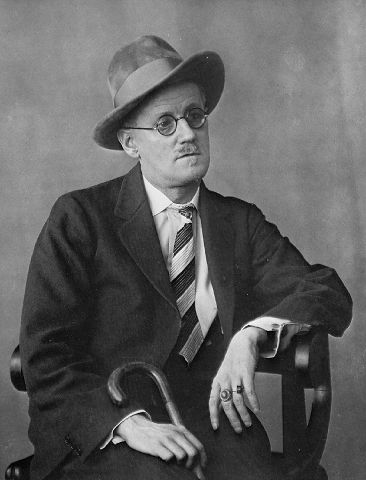
This New York Times article got me thinking. How important is taste in reading?
A love of story is central to my life. Books, comics, even those paintings I'm drawn to have a strong narrative element. I can't imagine a relationship without a shared affection for stories.
But how closely shared?
In my checkered past, I kept company with women across the social spectrum, from doctoral candidates to former teen runaways. Levels of formal education varied widely, but two things were constant: I've always gravitated to smart women, and to women who read.
And it goes both ways.
First eye contact with the Tiny Dynamo, my world slid a little bit sideways. Second time we met was our first chance to talk. She was smart, scary smart. Our third meeting, I compelled her into a reluctant (very reluctant) first date.
Did I mention reluctant? I'm unlike anyone the Dynamo ever dated: Foreign. Fashion-challenged. Funny-looking. But I do have certain Secret Powers, and before she knew what she was doing, she found herself sitting across a table from me.
I can thank the contents of my backpack for our second date. And the last several years. In my pack was a novel she'd read, an ashcan of Serina and my sketchbook diary.
We started talking about books, and the Tiny Dynamo realized that 'unlike anyone she ever dated' might just be a good thing.
So I reckon I can understand a bit of a literary acid-test. But to reject someone for reading Proust? Or not reading Proust?
That I don't get. The Dynamo and my tastes overlap, but they also widely differ. She likes the classics. She likes Victorian sensation novels. She likes those girly Shopaholic-type stories. That's cool.
She doesn't get my love of comics. She doesn't respond to the 'over-macho' voices of John D. MacDonald or James Lee Burke. Covers with half-naked women holding guns have kept her from discovering the fine writing coming out of Hard Case Crime. And that's cool.
We still have plenty of tastes in common. And (to me, the point of dating a fellow reader) plenty to talk about. And our reading sometimes comes closer. I turned her on to Dickens and Du Maurier, Sarah Gran and Donna Tartt. She gave me Wilkie Collins, Marian Keyes, Bryce Courtenay and (oddly enough) Dennis Lehane. If either of us had been too fussy about the other's taste in books, we would have missed out on all of these new favorites.
And one hell of a lot of fun!
What about y'all? How important is taste in books to your relationships?











